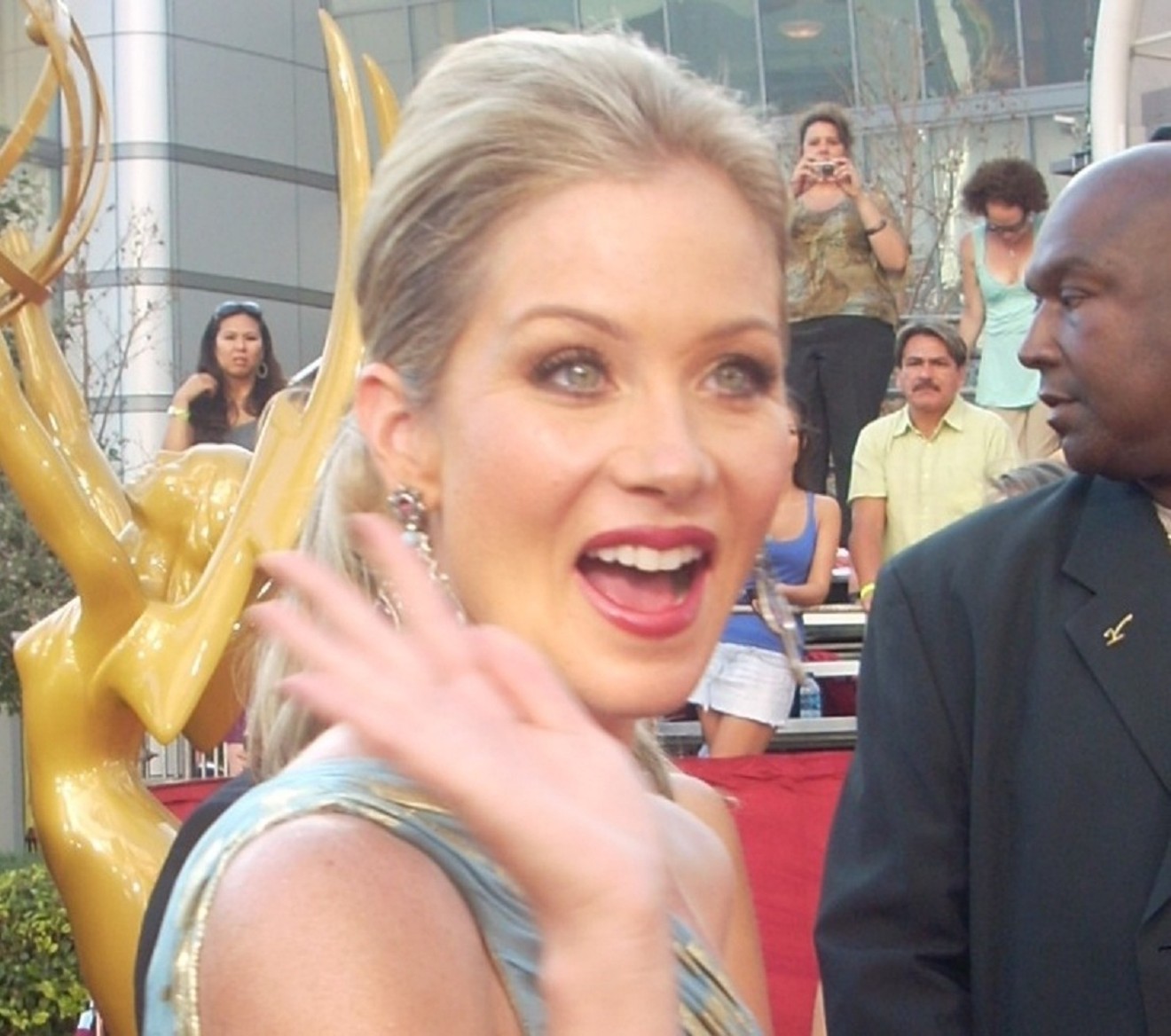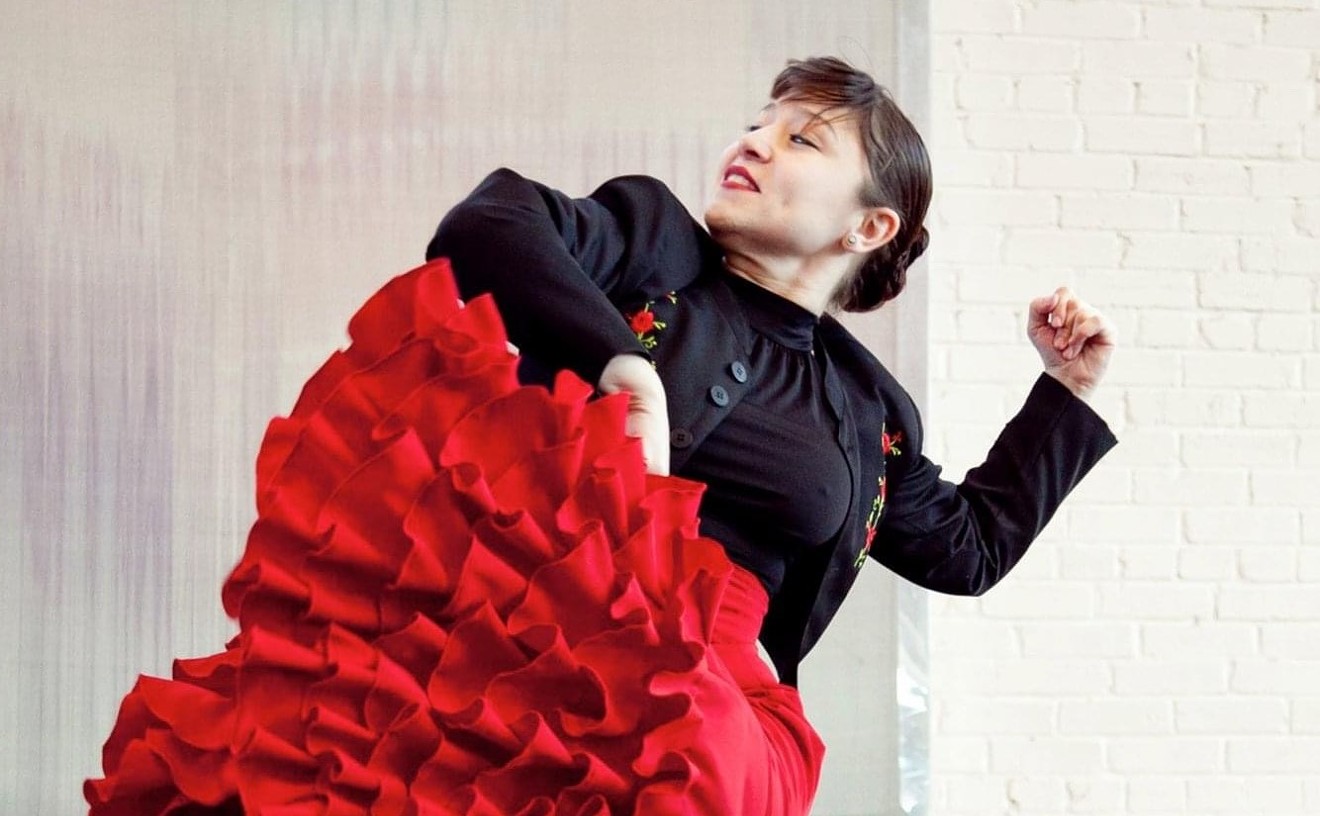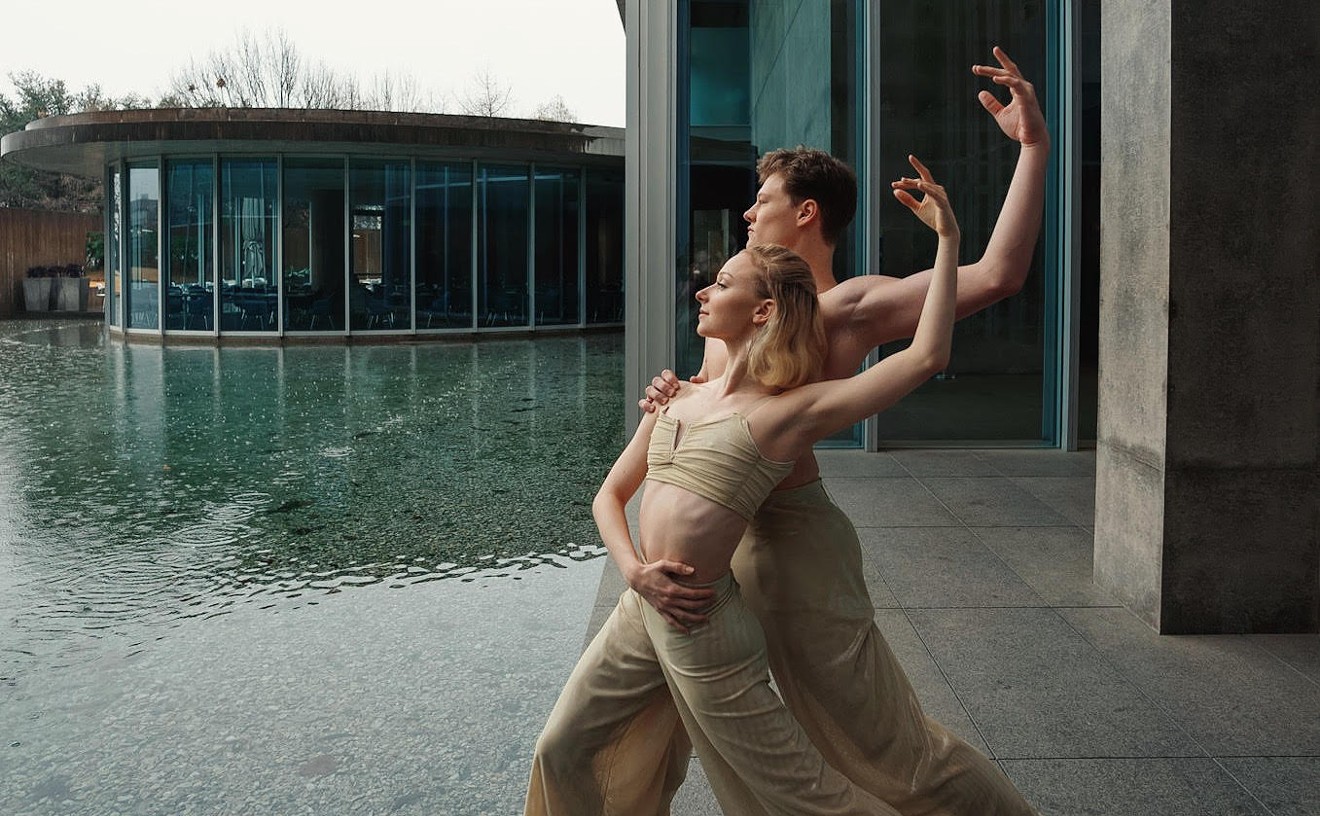It’s long been understood that hindsight is 20/20, making it no surprise that each generation takes its turn criticizing the one before it. Today, millennials are the poster children of political correctness and cancel culture, warriors of climate change who spit in the face of hypocrisy and corruption in government — mainly in the form of memes, but, let’s hope they vote.
But recently, some angsty 20- and 30-somethings have decided that the 1990s sitcom Friends is highly and particularly problematic and toxic. This all comes after the popular NBC show was added to Netflix’s streaming service a few years ago. Reviving the once-beloved series only to strike it down with accusations of homophobia, sexism and toxic masculinity got me thinking: Does my generation not remember the crude, crass and currently Hulu-streamed Married...With Children?
Prime-time network television of the 1990s is not an obvious premise for arguments over cultural insensitivity. At least not to me, a 32-year-old who prefers to remember the ’90s in all of its slumber partying, popcorn making, ABC’s T.G.I.F glory. But if there is one TV show of that decade to blame for its incredibly insensitive plot points, it’s not Friends. That’s not to say it was perfect by any means. Ross, Chandler, Joey, Monica, Rachel and Phoebe all had their flaws, ranging from objectifying women (and men), fat shaming, making homosexuality the butt of jokes and more. But blaming the problematic characters on Friends for any residual racism, sexism or any other bad-ism is not the hill to die on. I’d like to introduce you to Al Bundy.
In 1987, former writers of Laverne & Shirley and Diff’rent Strokes created the first prime-time TV show for the then-new Fox network, and it would become the longest-running live-action show on the network, before its finale in 1997. Married...With Children was a hit, but not without its controversy. In the 30-minute block that was originally during what networks call “the family-friendly hour” between 8 and 9 p.m., half-clothed and high-heeled women prancing across the screen to the tune of incredibly sexist remarks by husband and father Al Bundy, played by Ed O'Neill, were common. Slut-shaming comments from son and brother Bud to his sister Kelly, played by Christina Applegate, were an ongoing gag. And any woman who wasn’t seemingly size 0 with breast implants was deemed ugly and made the pit of many fat-shaming jokes.
By season 2 of Married, Applegate, who was 16 at the time — legally, a child — was already being catcalled by the show’s live studio audience. Bundle this with the toxic relationship between the misanthropic shoe salesman Al and his house wife Peggy, played by Katey Sagal, who all but hated each other, and Friends seems like a kiddie show.
Those who deem Friends too insensitive to watch today should know that at least it did have its warm, fuzzy moments, and sometimes there were lessons that the characters learned. Married rarely had such sentimentality, and Fox executives liked it that way. It was eventually kicked out of the “family-friendly” hour and pushed back later, thanks to one Michigan housewife and obscenity activist who began a letter-writing campaign calling for advertisers to pull out of the show.Blaming the problematic characters on Friends for any residual racism, sexism or any other bad-ism is not the hill to die on. I’d like to introduce you to Al Bundy.
tweet this
A former sister-in-law of Mitt Romney, Terry Rakolta, accused Married of being indecent and showing “soft-core pornography.” I hate to side with such a stick in the mud, because it’s not pornographic, but she’s right that it was absolutely not a show for the whole family.
About a year ago, my husband and I rediscovered Married while scrolling through Hulu, and while I’ll admit that we’ve laughed at episodes, its blatant sexism and objectification of women is impossible to ignore. Still trying to wrap my head around why my parents let me watch it as a kid, I’m constantly baffled at how much worse each episode gets. Sure, Friends taught me at a relatively young age what condoms and strippers are, but Married might have done much more serious damage, like teaching boys that the varying treatment of a woman depends on her looks.
Meanwhile, an ongoing joke throughout the show is Al's disgust at Peg's sexual advances toward him. While Al drools and paws at almost every other woman he comes across, Sagal, a perfectly attractive woman who also happens to be the mother of his children, seems starved for his attention. At least in bed.
In season 3, episode 6, titled “Her Cups Runneth Over” (a pun on Peg’s bra), Al visits a lingerie store, brimming with scantily clad, supermodel-like women — all obviously acting as visual stimulation. After Al curls his hands and begins to try to cup a customer’s breasts to find out if she’s Peg’s size, Al’s friend, Steve, gropes a mannequin wearing nipple tassels, and when Al questions why he does that, Steve replies: “Do you see her? She was asking for it.”
In another episode, Al walks behind a woman in a grocery store who’s wearing very short shorts and a crop top that hugs her figure, throwing items down to the floor and telling the woman that she dropped something. This leads to her bending over time and time again, for Al’s sick pleasure. Eventually, the woman asks Al if he was the one who was rubbing on her on the bus earlier, to which he replied “no.” Then Bud, Al’s son, admits that it was he who was touching the woman unsolicitedly, and then the father and son share a high-five.
Gross.
One storyline throughout Friends that’s since been criticized for its sexism and transphobia is Chandler’s transgender father, who is never referred to in the appropriate pronoun and is made the subject of jokes throughout the series. But balance that with the fact that Friends had the first LGBTQ ceremony ever shown on TV, according to Stylist, and it’s already years ahead of Married in terms of inclusivity. The shows overlapped for four years, from 1994 to '97.
Friends even explored the process of surrogacy (through Phoebe) and infertility (through Chandler and Monica) in two seasons. In season 6 of Married, Sagal was pregnant, and so was her character on the show. Sadly, Sagal's child was stillborn, causing her to miss a handful of episodes. How does this play into the show? By episode 10 of the same season, her entire pregnancy is written off as a nightmare of Al's — one plagued with, you guessed it, overly sexualized women and cheap jokes about the pangs of his marriage and fatherhood. While Married was certainly not the show to hand out lessons of morality, this could have been an opportunity to handle a delicate situation with, well, some sort of delicacy.
Friends and Married are not the only iconic TV shows from the ’90s whose plots raise concerns over cultural sensitivities. Even Cheers, the lighthearted show where everybody knows your name, about a sober bartender and his closest friends navigating through life’s ups and downs, which always had some friendly message at the end, saw its star, Sam Malone, womanize and brag about his little black book of booty calls. A spin-off from Cheers, Frasier, saw its star, Frasier Crane, with a new love interest practically every episode — with only the observation that he had commitment issues. On the other hand, Roz, Frasier’s producer, was slut shamed for dating around, and the jokes about her supposedly unusual promiscuity were also featured on practically every episode.
Ratings were high for all these shows at the time, but most of the storylines likely wouldn’t even make it past the writer’s table in today’s woke culture. And that’s what we should be thankful for. But as adults, we can’t expect apology messages from every writer before watching decades-old TV series. It’s possible to revisit and appreciate the culture you grew up in, as flawed as it may have been. Just try not to be like the Bundys.












